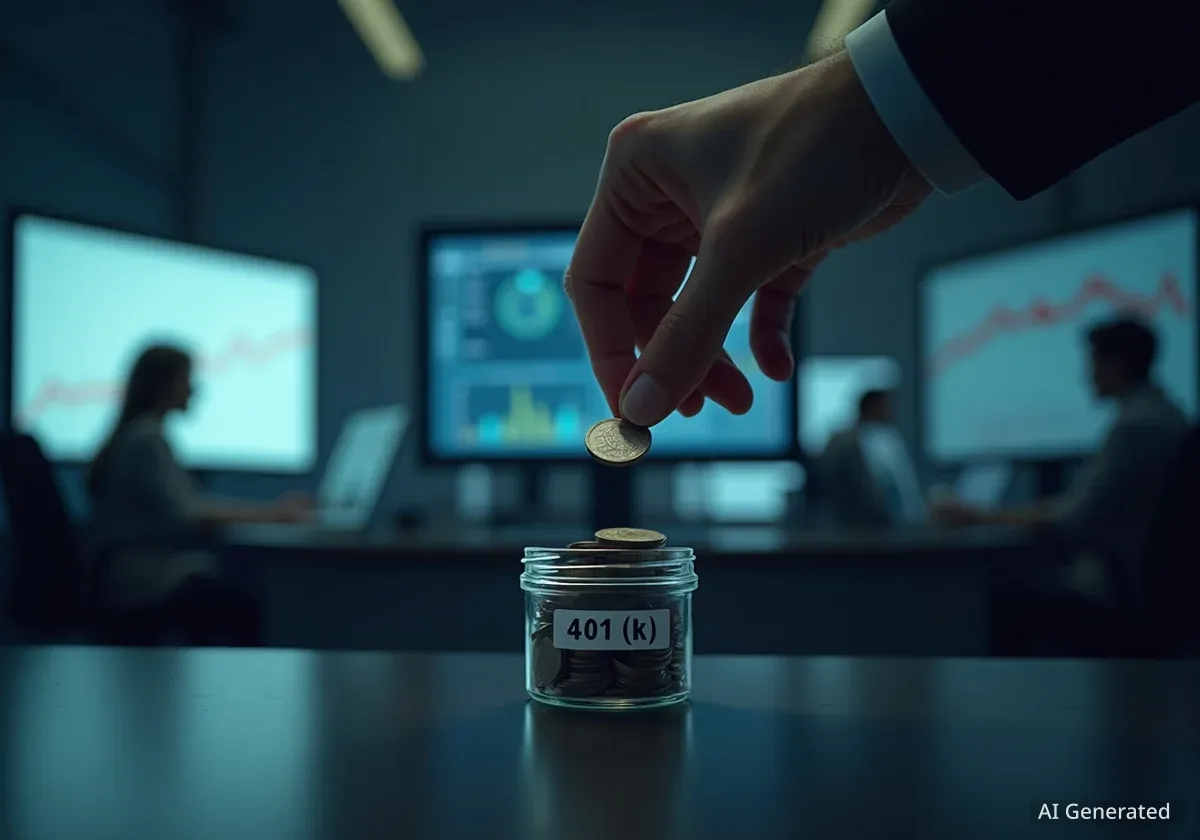
Gen X Faces a Retirement Crisis Boomers Never Knew
Caught between economic crises and the decline of pensions, Generation X is facing a retirement reality far more challenging than that of their Baby Boomer parents.
22 articles tagged

Caught between economic crises and the decline of pensions, Generation X is facing a retirement reality far more challenging than that of their Baby Boomer parents.

Senators Elizabeth Warren and Bernie Sanders are warning that a new executive order allowing private equity and crypto in 401(k)s is 'dangerous' for savers.

Millions of Americans are losing retirement funds to forgotten 401(k)s moved into high-fee, low-growth Safe Harbor IRAs without their knowledge.

Financial author Robert Kiyosaki supports a Trump administration policy to allow crypto in 401(k)s, stating it helps protect savers from inflation.

Major Wall Street firms are trying to add private market assets to 401(k) plans, but face challenges from low investor awareness, higher fees, and employer caution.

A conflict is escalating between Fidelity Investments and fintech firms over who can manage 401(k) accounts, as Fidelity locks users out for sharing credentials.

A major change from the Secure 2.0 Act will require high earners to make 401(k) catch-up contributions to Roth accounts starting in 2026, ending the pre-tax option.

The IRS has issued final regulations for the SECURE 2.0 Act, requiring high-income earners to make catch-up retirement contributions to Roth accounts starting in 2026.

A new executive order signed by President Trump allows alternative assets like private equity and cryptocurrencies in 401(k)s, sparking debate over expanded access versus complex risks for retirement

Financial experts outline a comprehensive checklist for individuals preparing for retirement, covering everything from account consolidation and debt management to Social Security strategy.

A new 401(k) rule effective in 2026 will require high earners over age 50 to make catch-up contributions on an after-tax Roth basis.

Starting in 2026, a new IRS rule will require high earners to make 401(k) catch-up contributions to post-tax Roth accounts, impacting retirement strategies.